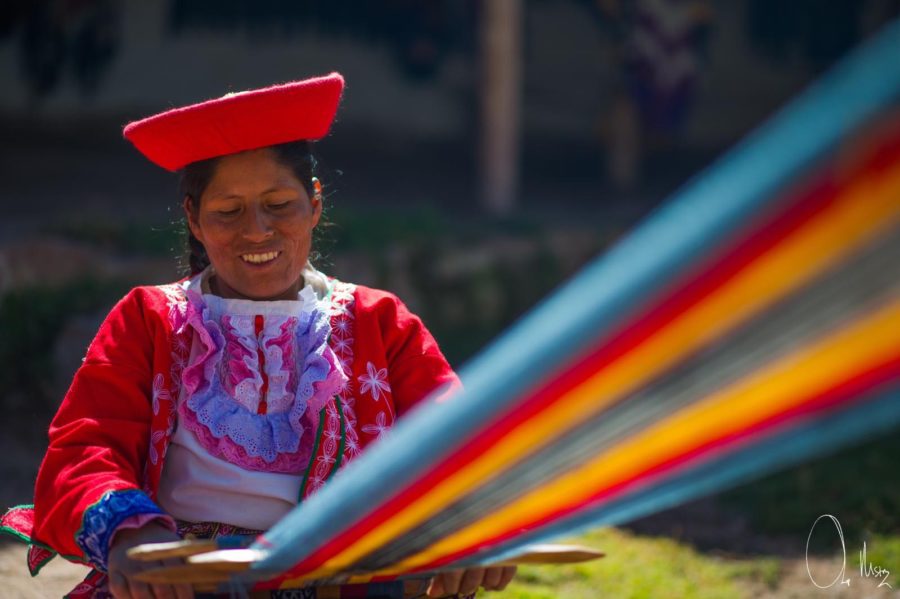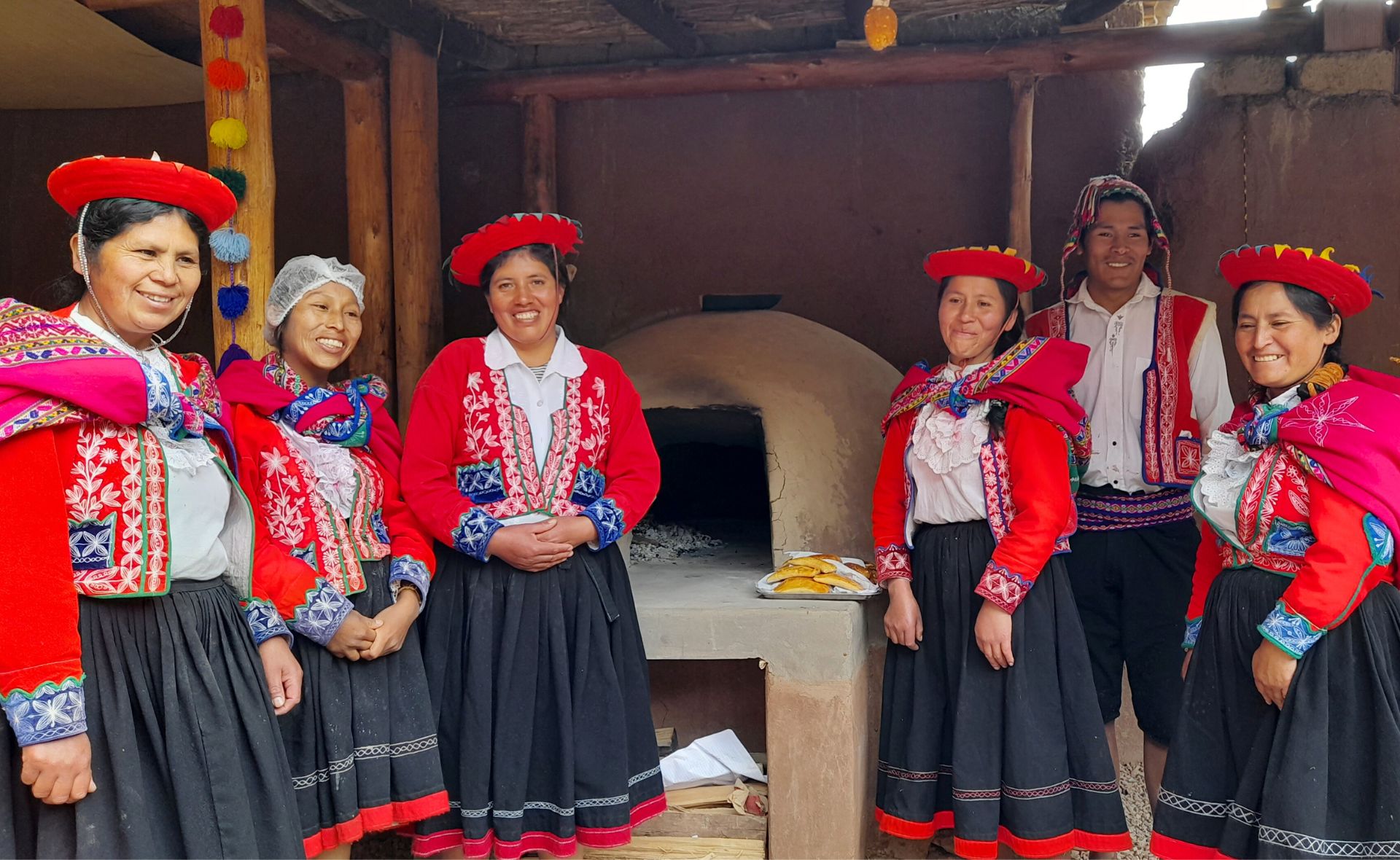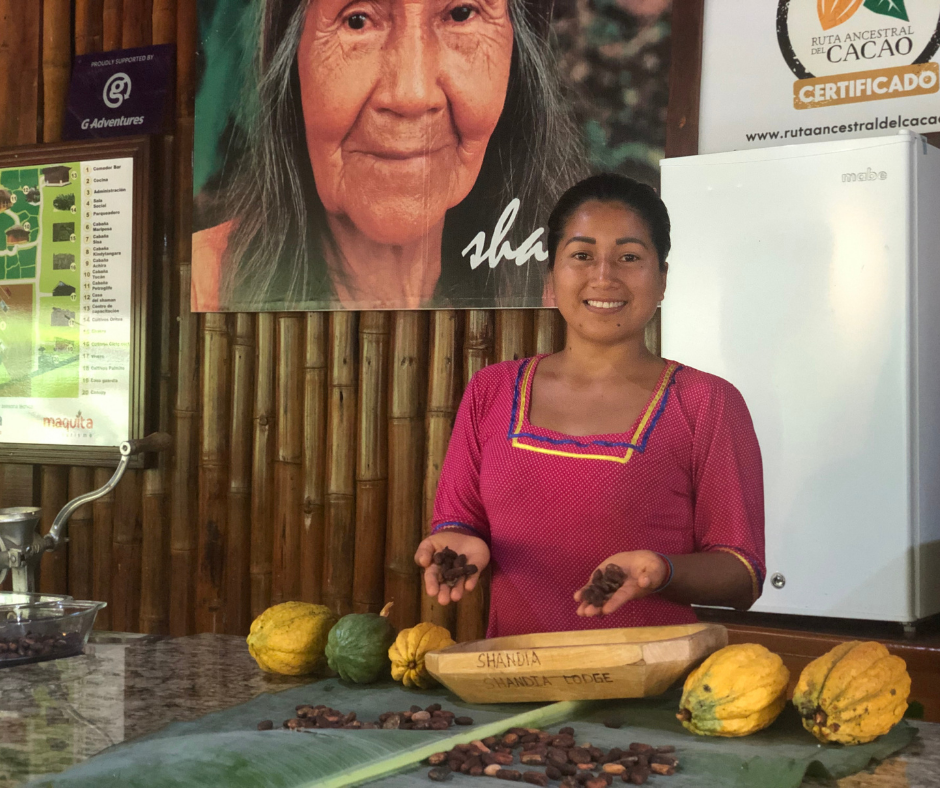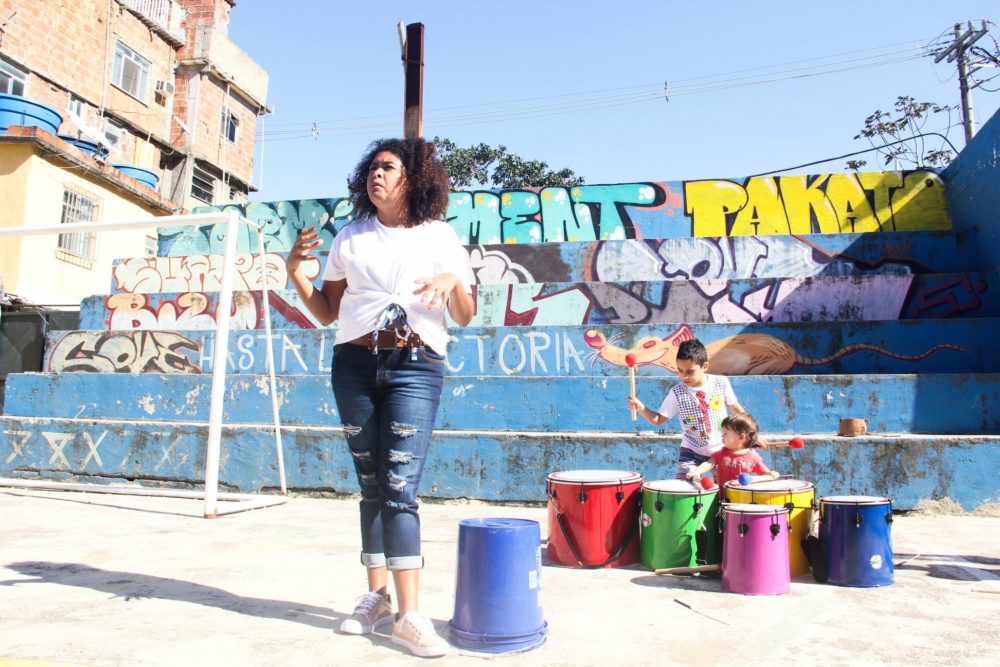Ccaccaccollo Women's Weaving Co-op
Impact
When Planeterra first developed a partnership with the women in the Ccaccaccollo community, the cooperative was run by only 3 women – today, the cooperative is owned by 46 women. Planeterra funded training programs to help bring back the weaving traditions that had been lost over the previous generations as there wasn’t a way to earn a significant income.
Through our partnership and a connection to travellers, the Ccaccaccollo Women’s Weaving Co-op has been able to contribute to their families’ income. The women who have been with the project since the beginning report that all of their children study in university. Those involved in the cooperative are the first generation to be completely literate in Spanish. Today, the community is using tourism as a tool to protect and preserve natural and cultural resources and express, share, develop, and pursue their traditions.
Due to the success of the Co-op, they have since opened a Community Homestay.

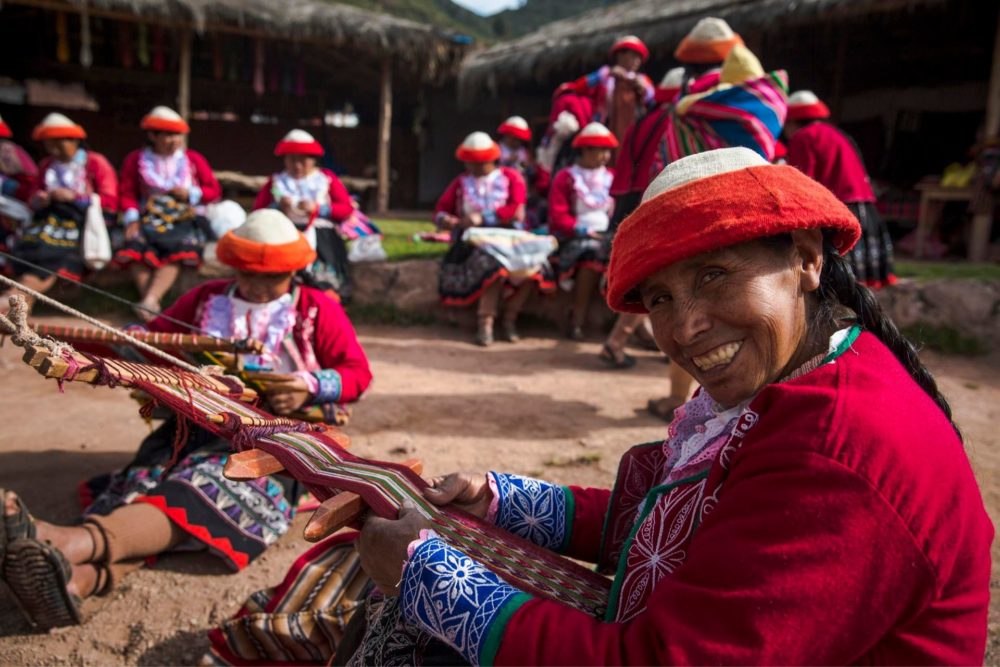
Critical Need
The community of Ccaccaccollo is an Indigenous community located in the Andean area of Cuzco, Perú. It is inhabited primarily by 140 Quechua speaking families. Despite the close proximity to Cuzco and Machu Picchu, and the thousands of tourists that visit these sites each year, very few communities from the surrounding countryside benefit from tourism. The Ccaccaccollo community maintains a traditional way of life and many work in agriculture. Like many communities around the world, women are frequently excluded from educational and economic opportunities.
Our Involvement
Since 2005, Planeterra developed a partnership with the Ccaccaccollo community to develop a women’s weaving cooperative, to create economic opportunities for the women of this community. Planeterra implemented capacity building programs, built facilities and purchased equipment for the co-op. Planeterra supported the women with new methods of production that would make items more desirable to travellers (smaller, less expensive items such as hats, socks and sweaters that can be used on the treks in the area), while also maintaining their traditional weaving methods made from llama and alpaca wool.
